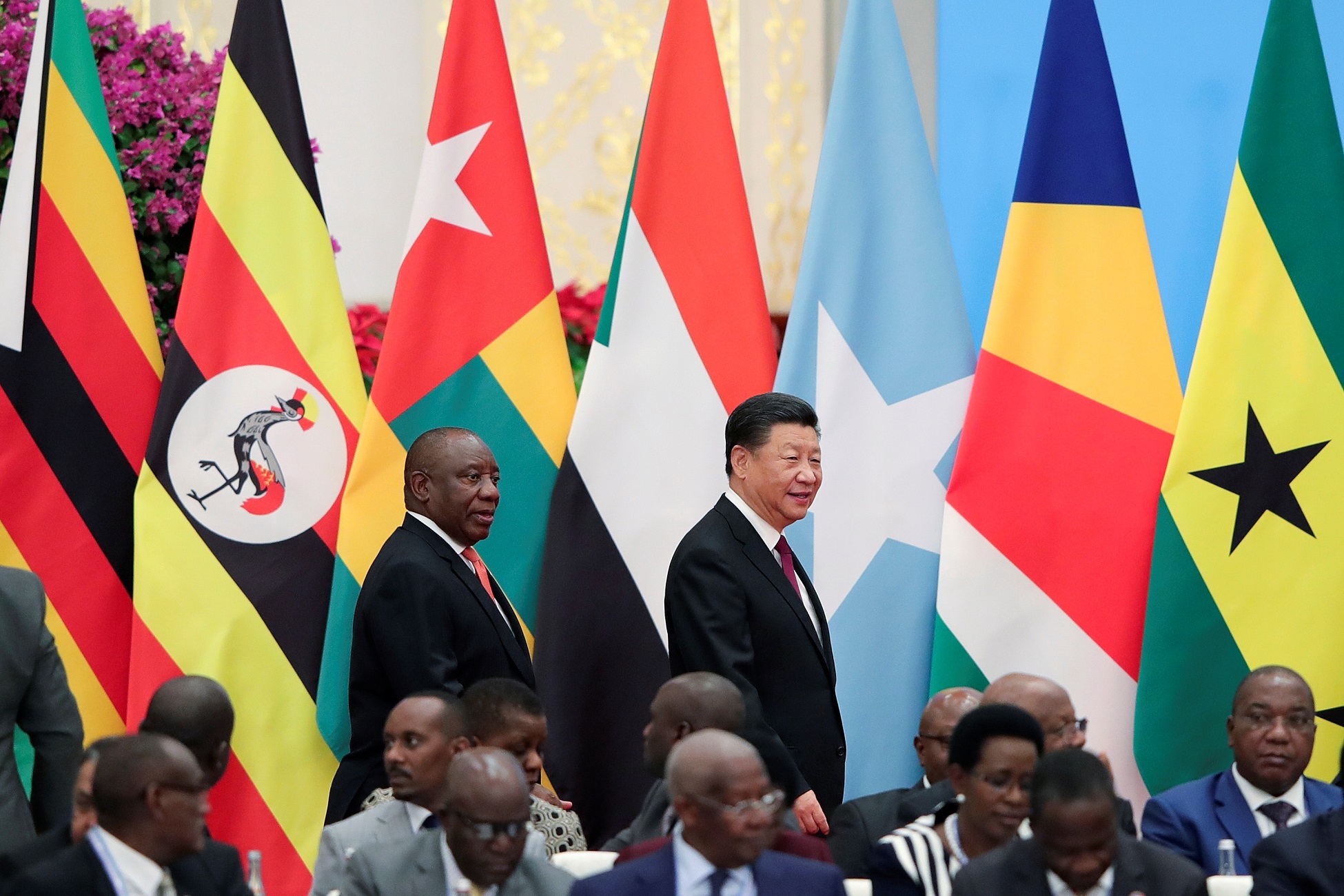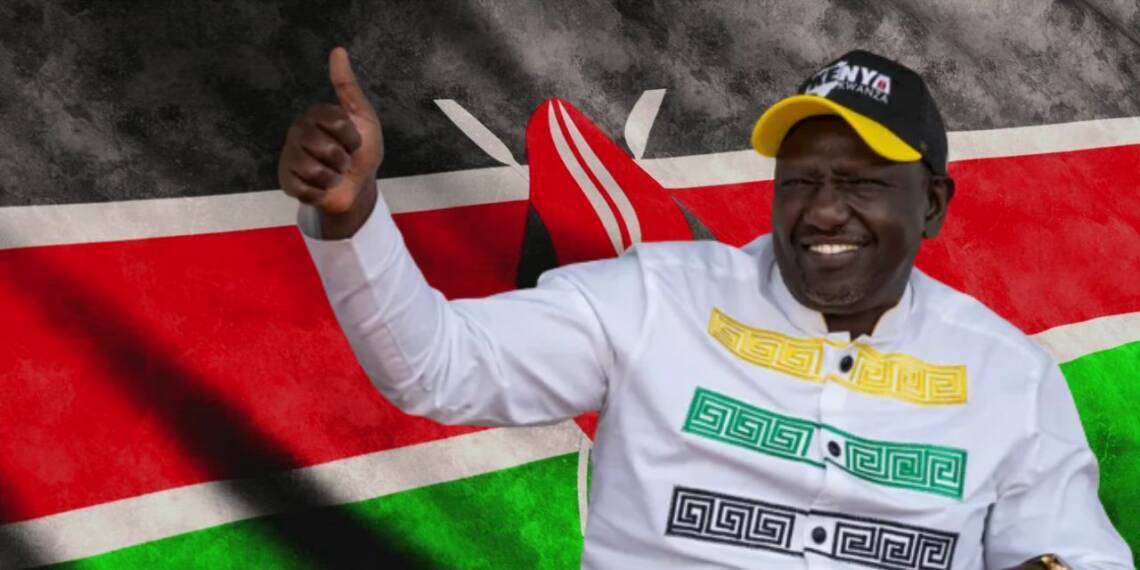Kenya tax collection system: Kenya under William Ruto is seeking to enhance its central role as the region’s anchor for peace, stability, security, and economic prosperity. Ruto has set his ambition to be the “big brother” in Africa and is also backing it up with concrete steps and he has proved it yet again.
Kenya’s pro-active steps to fix economy
In order to boost revenue and weed out tax evaders, Kenya is planning to link its tax collection system to mobile financial platforms. This is part of a raft of measures to repair its coffers which will boost revenue by billions of shillings, the finance ministry has said in a draft budget statement.
Similarly, as a counter to the financial crisis, the Kenya government plans to increase tax collection by 17% to 2.57 trillion shillings ($20.7 billion) in its fiscal year starting in July. It also aims to reduce its foreign borrowing target for 2023/24 by a percentage point of GDP, and the domestic borrowing target by just over a percentage point of GDP. These measures indicate that Kenya hopes to boost the country’s debt sustainability position and slow the annual growth in public debt.
Read More: Kenya’s ‘Big Brother’ role in the DRC-M23 crisis
Kenya’s Economic Condition before Ruto administration
The inflation rate stood at 8.5% which was a pointer to the worsening cost of living as prices of basic commodities continued to skyrocket and Kenyans struggled to make ends meet.
Moreover, the bulging public debt risked driving the country into further debt distress. As per a report, the public debt was inching closer to the KSh9trn mark ($74.8bn) which was also going to make it harder for the new administration to implement many of its ambitious promises. For example, the country owed China a staggering Sh796.5bn ($6.62bn) amounting to 18.5% of the external debt load of KSh4.29trn ($35.6bn). This excludes the billions of shillings owed to local banks arising from increased domestic borrowing.
Ruto in his electoral campaign emphasized lowering the cost of living, cutting debt, creating jobs, and attracting investments. Thus, lowering the cost of living has been a major challenge for Ruto administration since coming to power in 2022.
Africa’s perennial problem: debt distress
According to the International Monetary Fund, 22 countries in Africa are either in debt distress or at high risk of debt distress which means, they are unable to fulfill their financial obligations to creditors. Presently, significant number of African countries face the double whammy of debt crisis and food crisis.
The debt crisis threatens a social and humanitarian catastrophe in Africa. The continent suffered heavily as prices for its export-based commodities plummeted and had to bear the brunt of the economic fallout of the Covid-19 pandemic. Soaring prices of food, and fuel, and depleting foreign exchange reserves has exacerbated the precarious condition.
For instance, Ghana which was once Africa’s economic behemoth, suspended payments on most of its external debt as the country’s economic situation deteriorated.

Since long, Africa has depended on borrowings for its economic development. China, in recent years, has emerged as a major creditor to Africa. Chinese lenders account for 12 percent of Africa’s private and public external debt, which increased more than fivefold to $696 billion from 2000 to 2020. Huge Chinese investments have been incurred in large-scale infrastructure projects. However, fearing default on payments, a number of African countries on previous occasions had re-negotiated loan terms with Chinese entities including deferment of interest payments and even suspending non-viable projects.
Read More: Kenya is kicking out the West by empowering indigenous companies
Taking into the consideration the current scenario, it highlights that Kenya has learnt a lesson from its fellow African nations and is taking all possible measures to ensure that the country does not experience the same fate as its other African neighbors. This is equally important for President Ruto as he aims to play a central role in the East African Community and take on the Intergovernmental Authority on Development’s (IGAD) leadership. Thus, it wont be wrong to state that “William Ruto has decided to take the bull by the horns and his efforts are indeed laudable”.
https://www.youtube.com/watch?v=8xPmM4y-6Dc







